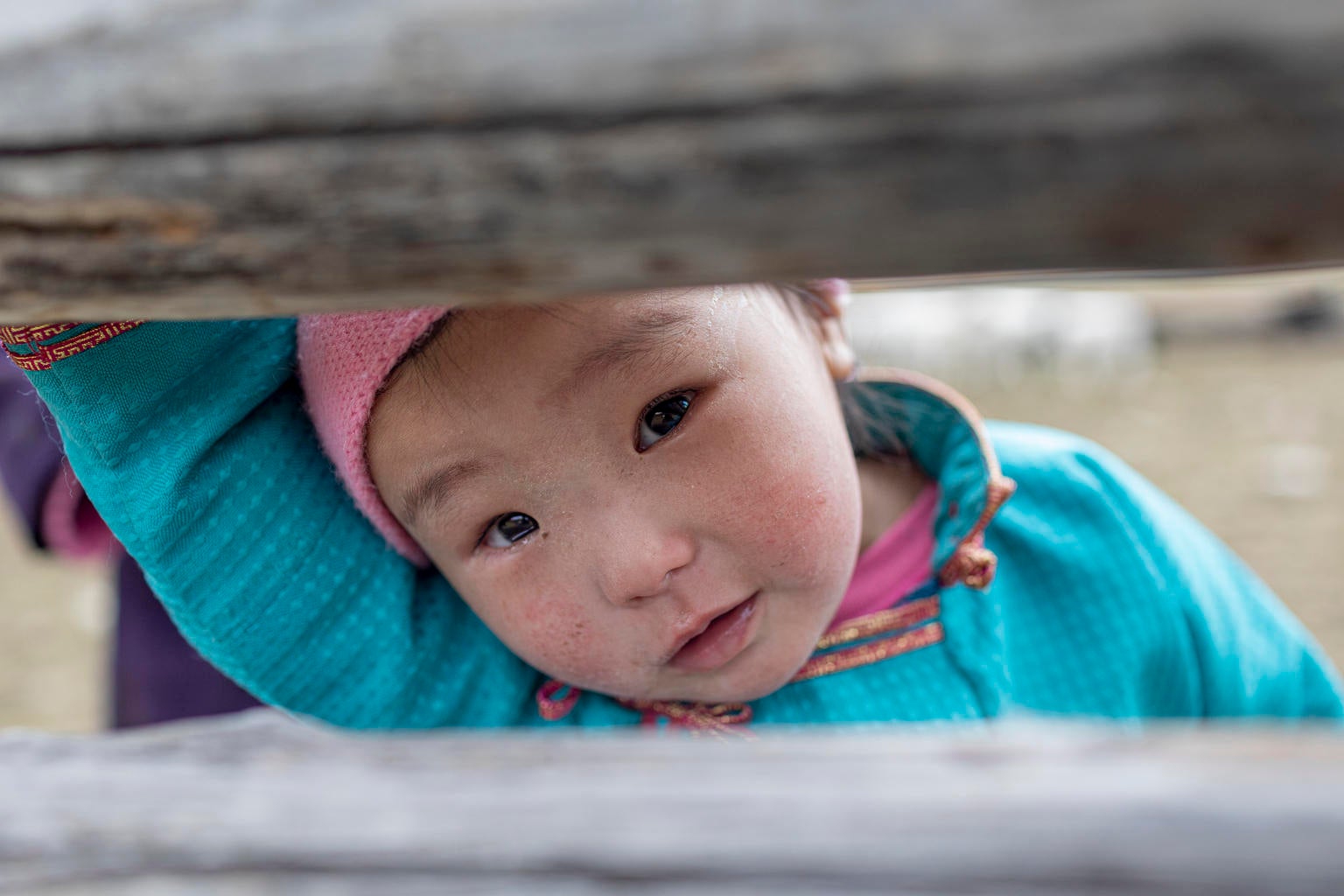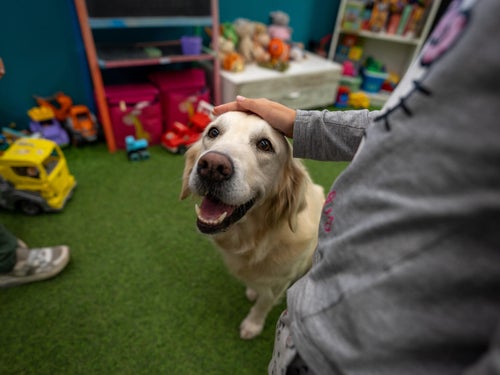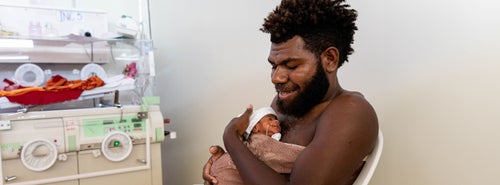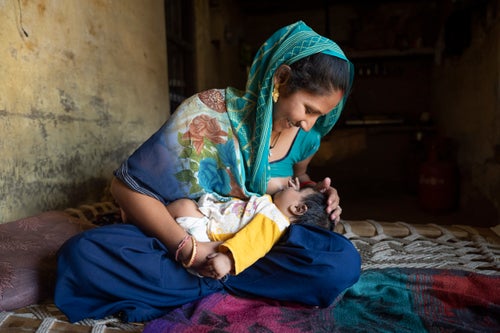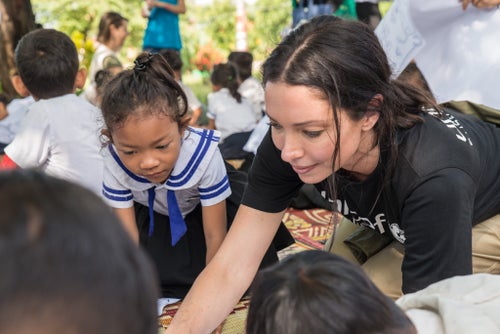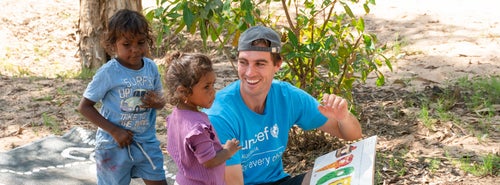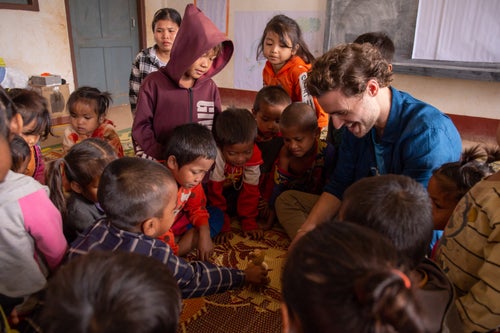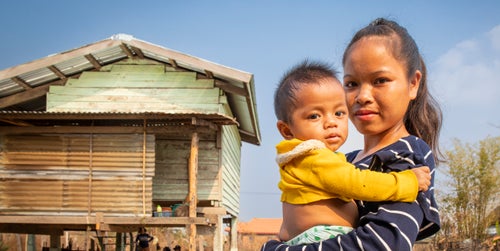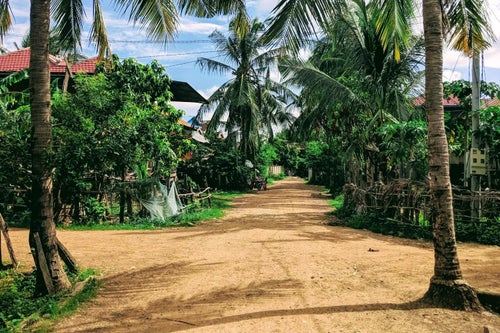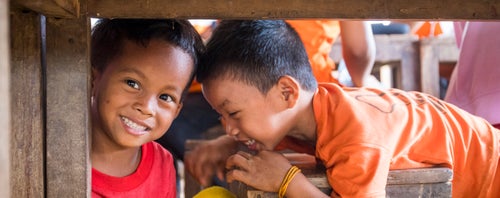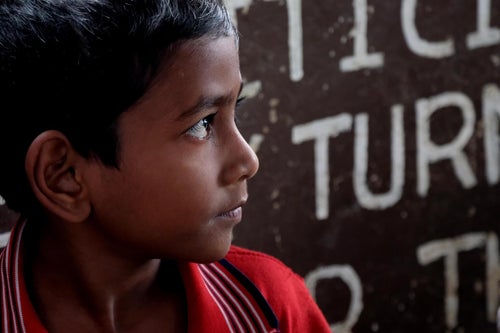A lot can happen in a year. For a baby, the first year is an amazing time of growth and discovery. In a year, a baby learns to roll over, eats their first solid foods, learns their first words and may even take their first steps.
With the start of a new decade, we wanted to introduce you to four children, from four countries, who have been able to survive and thrive with the help of people just like you.
Liam - Peru
In Peru, some mothers live five hours away from the nearest health clinic. In the past, if their contractions started along the way, some of them did not make it in time and were forced to give birth on the road. If complications arose, some newborns did not survive.
A UNICEF-initiated mama wasi, or mother waiting house, offers pregnant women a chance to wait, and rest, in a homely setting near a hospital before their babies come. UNICEF helped build the first mama wasis in 1999.
This is helping more newborns, like Liam, survive and thrive.
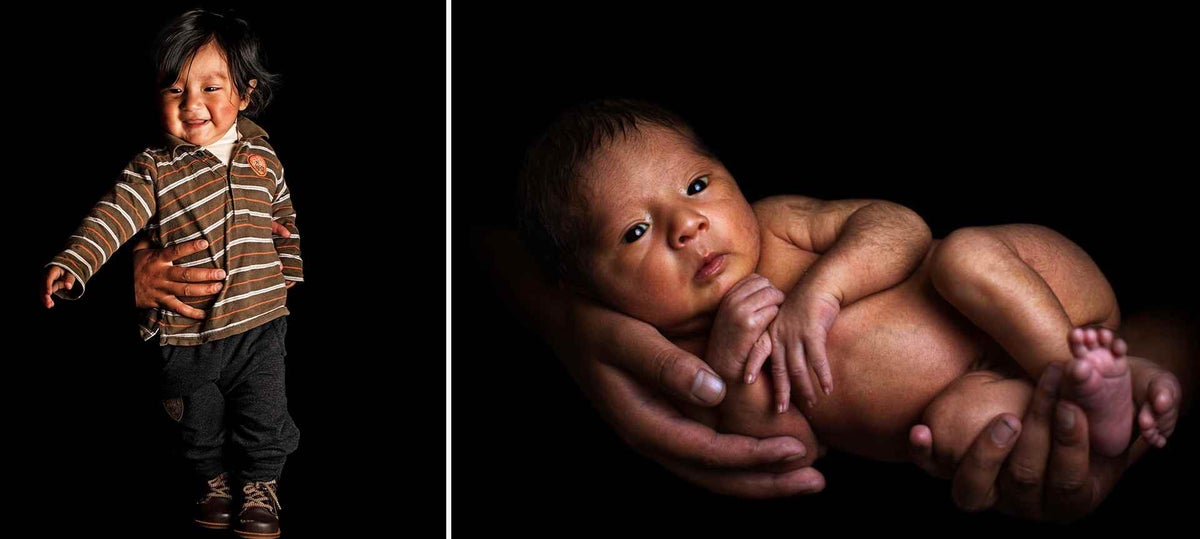
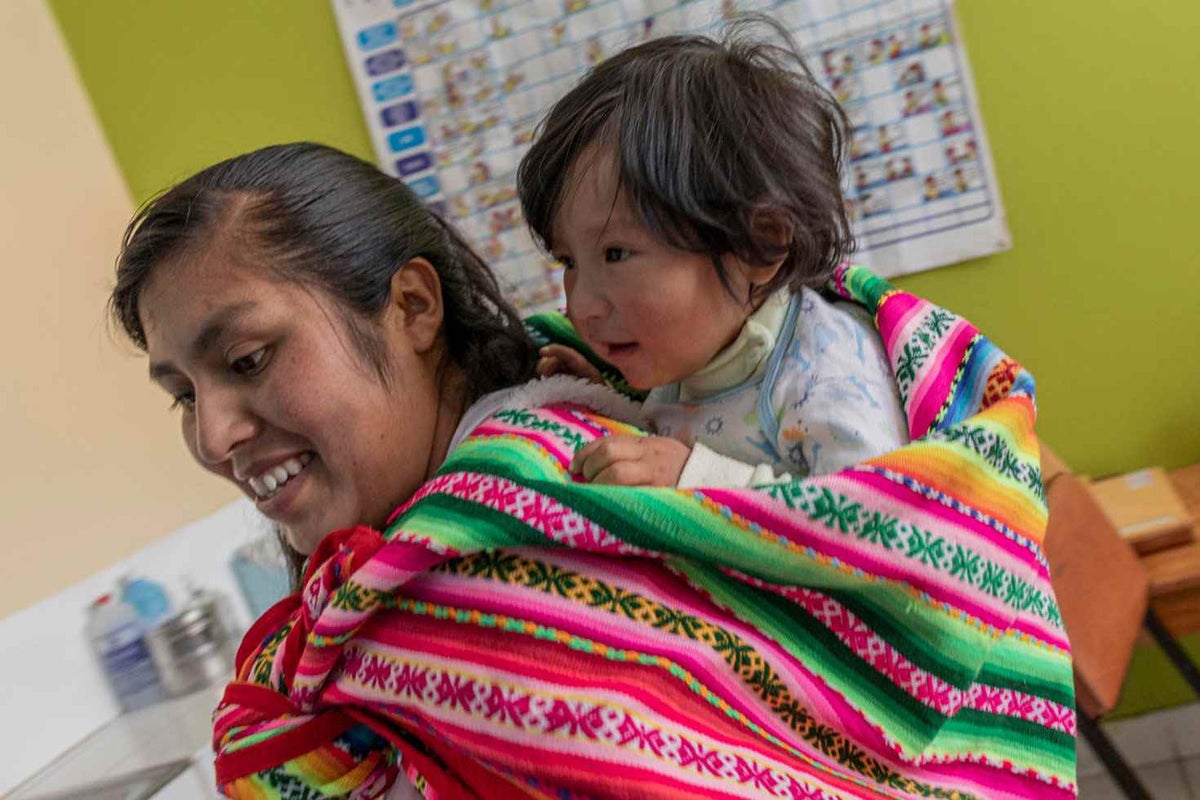
Youssouf - Mali
"I was so happy when Youssouf arrived – he is my first baby," Youssouf's mother, Hawa says. "The whole family was happy for me. Everything went well. I arrived at the health centre four days before giving birth – I had felt a dull pain in my abdomen, but then the actual delivery went fast."
"The midwife walked with me to the pregnancy room. She supported me, encouraged me – it decreased the pain and accelerated the birth. After the birth, they used water to wash me. I felt clean afterwards, and my family came to celebrate."
In the Sikasso Region, where Youssouf is from, UNICEF has constructed a well at the local community health centre, equipping patients and residents with water to wash and administer care.
"Clean water helps prevent them from getting infections," midwife Oumou says.
"Before we had the well at the hospital, children would get sick a lot more often. We used to have to treat them with antibiotics at a very young age."
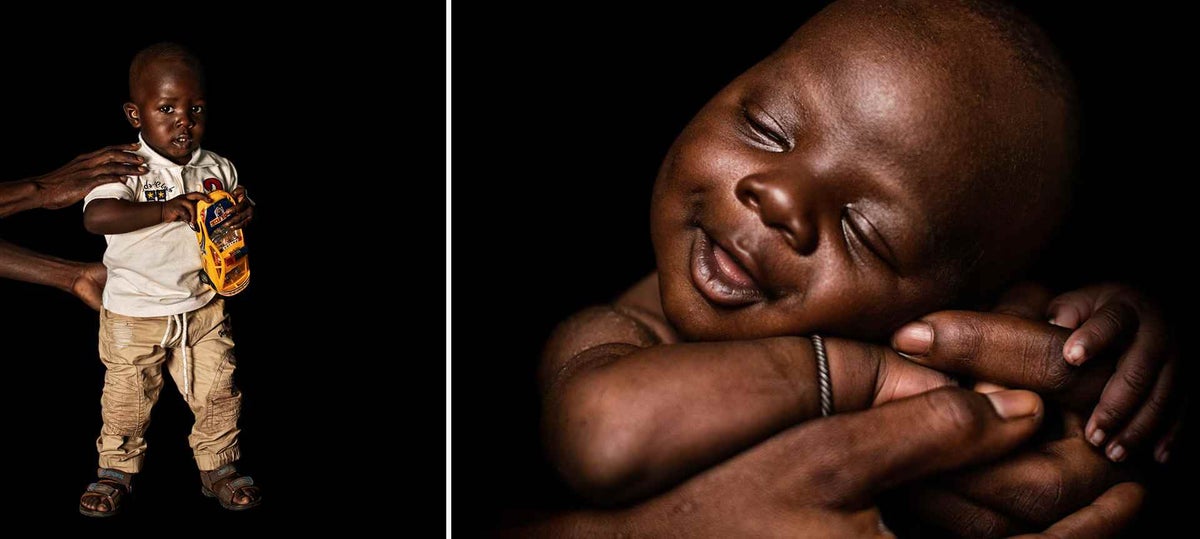
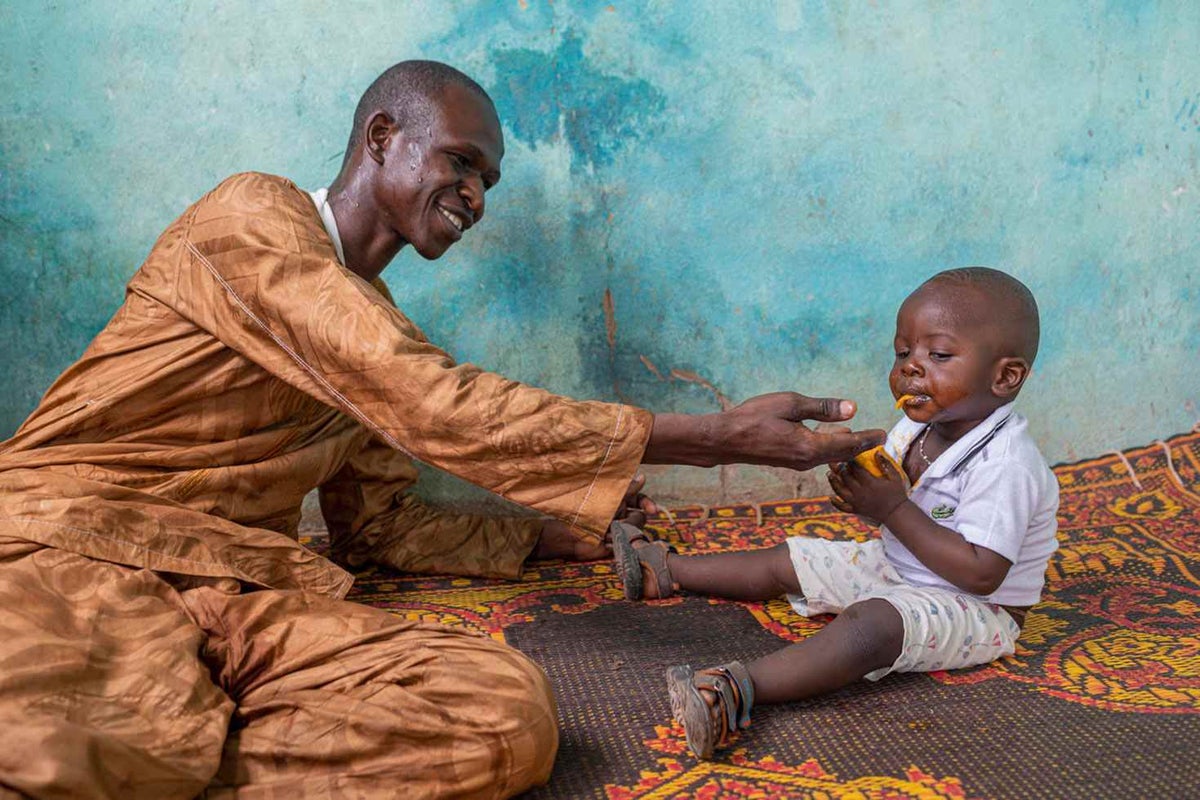
Uuriintsolmon - Mongolia
“I didn’t always know how to take care of my first baby – she had jaundice, skin infections, a runny nose, and felt cold," Uuriintsolmon's mother Bayarmaa says.
"At one point, I feared she might die. I was very worried about her."
When Bayarmaa was pregnant with Uuriintsolmon, she didn't want to repeat the same mistakes so she entered antenatal care much earlier.
"That was helpful," she said.
"I learned how to recognise the signs of jaundice, how to bathe her, how to keep the air fresh in her room, how to keep her warm, and how to feed her. I didn’t bathe my first daughter enough, so she had a few wounds on her arms that got infected.
"That never happened to my second daughter because I frequently bathed her thanks to the UNICEF training."
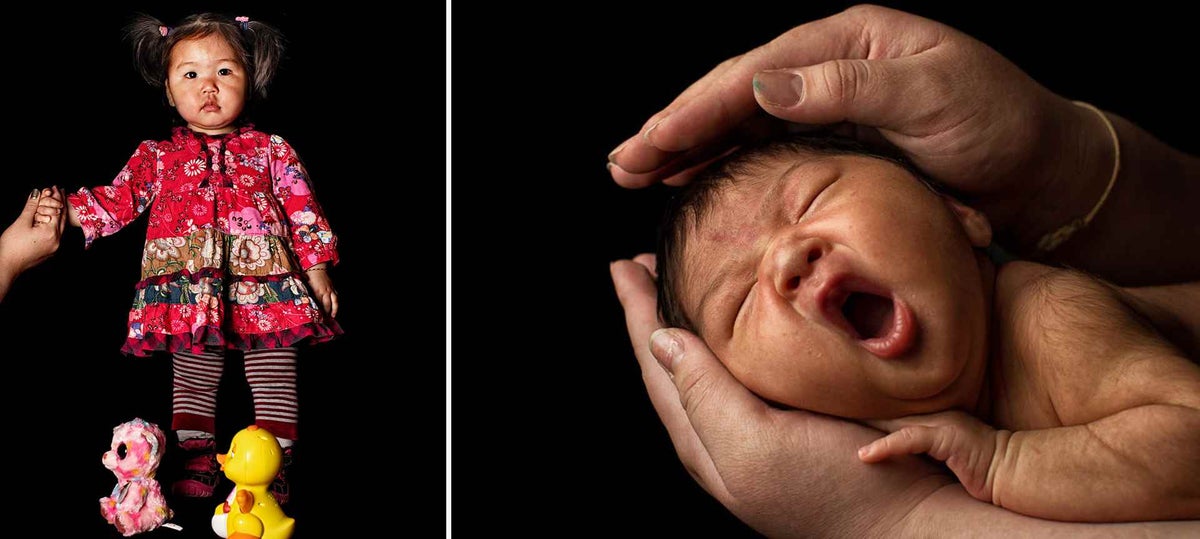
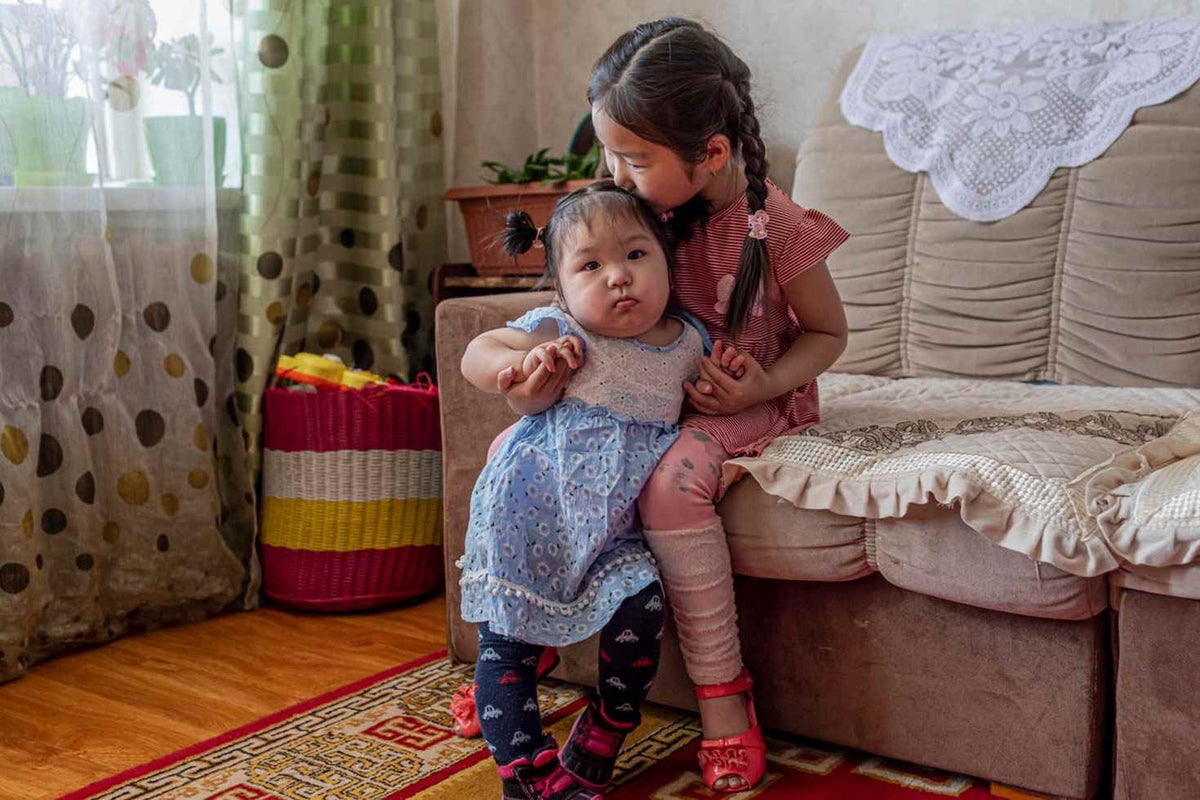
Ayedatujannah - Bangladesh
Ayedatujannah was born premature weighing just 2kg. She did not cry after she was born - she was convulsing and turned blue and was on life support for four days. But thanks to the UNICEF-supported special newborn unit, Ayedatujannah survived.
"We weren’t sure if she was going to live or die," her mother, Jannatul says.
"So, when she survived, it was as if she was coming back from heaven. When I realised she was going to make it, I felt like I was in jannah, ‘heaven’. It was the best thing I could ever get in life."
"After that, the doctor showed me how to breastfeed her – she latched on immediately. Breastfeeding was the best thing. I just hope she becomes a good person and that she is capable of leading her own life in a good way. She should be a good woman who can handle situations by herself.”
The family held a large party for Ayedatujannah's first birthday.
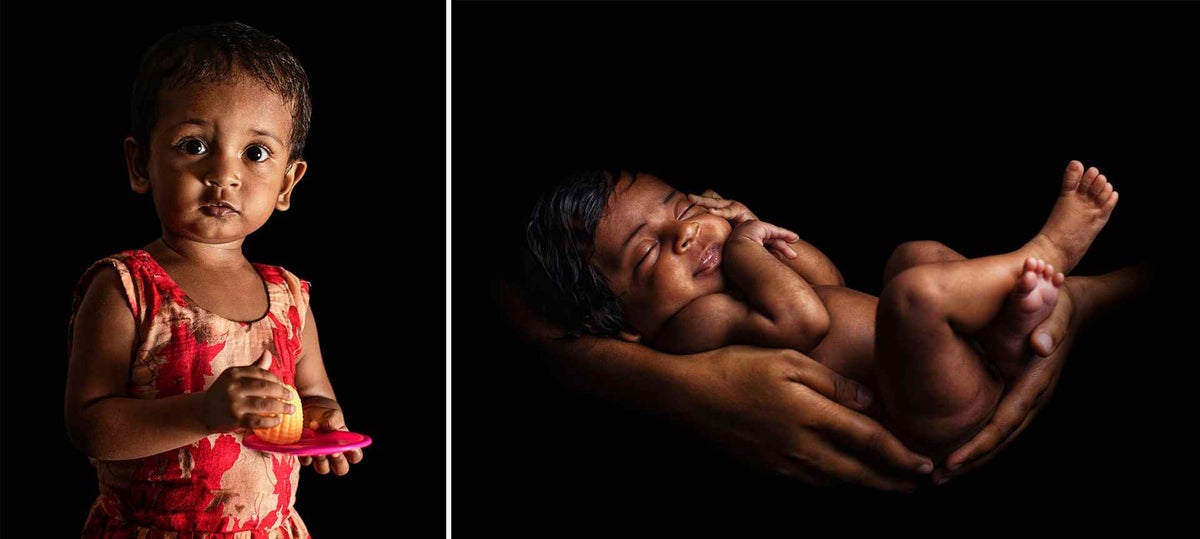
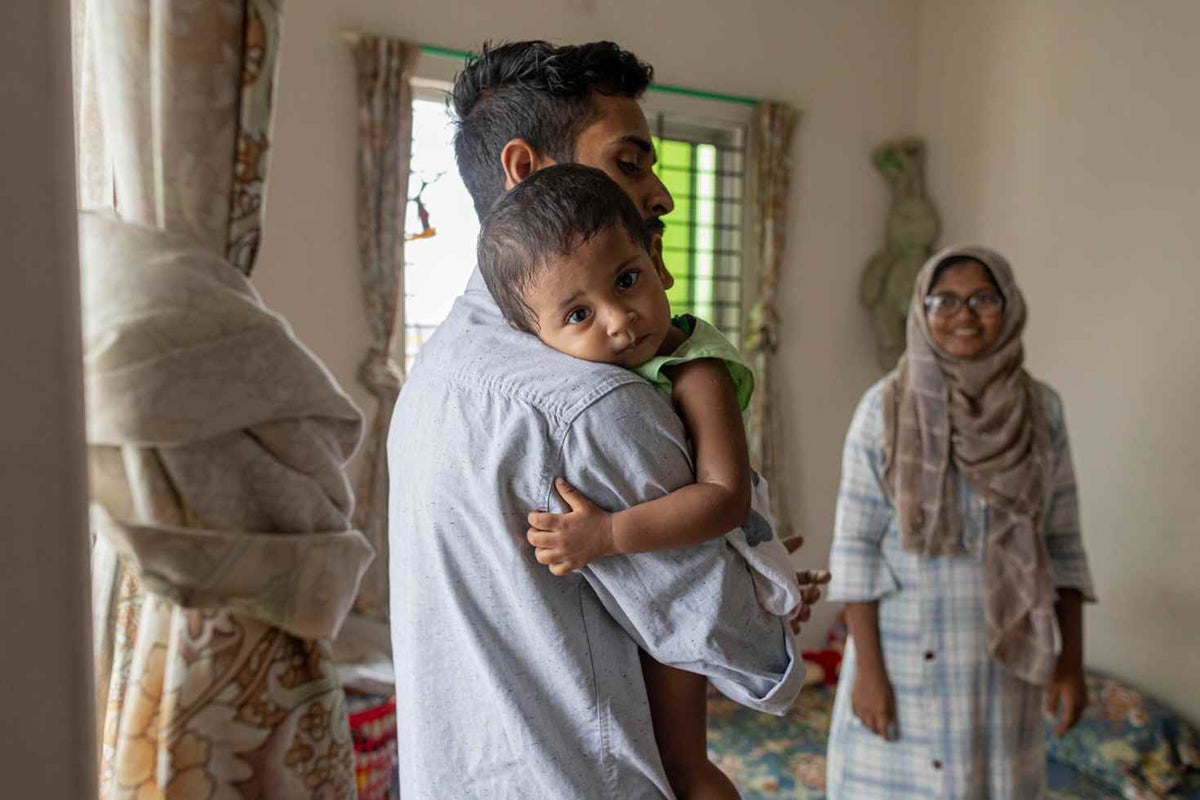
Every year, UNICEF is supported by individuals around the world to help deliver 20 per cent of the world’s newborns. Thanks to this support, babies are getting the chance to survive, and families are celebrating these first-year milestones.
Thank you for helping UNICEF give every family the chance to see what a difference a year makes.
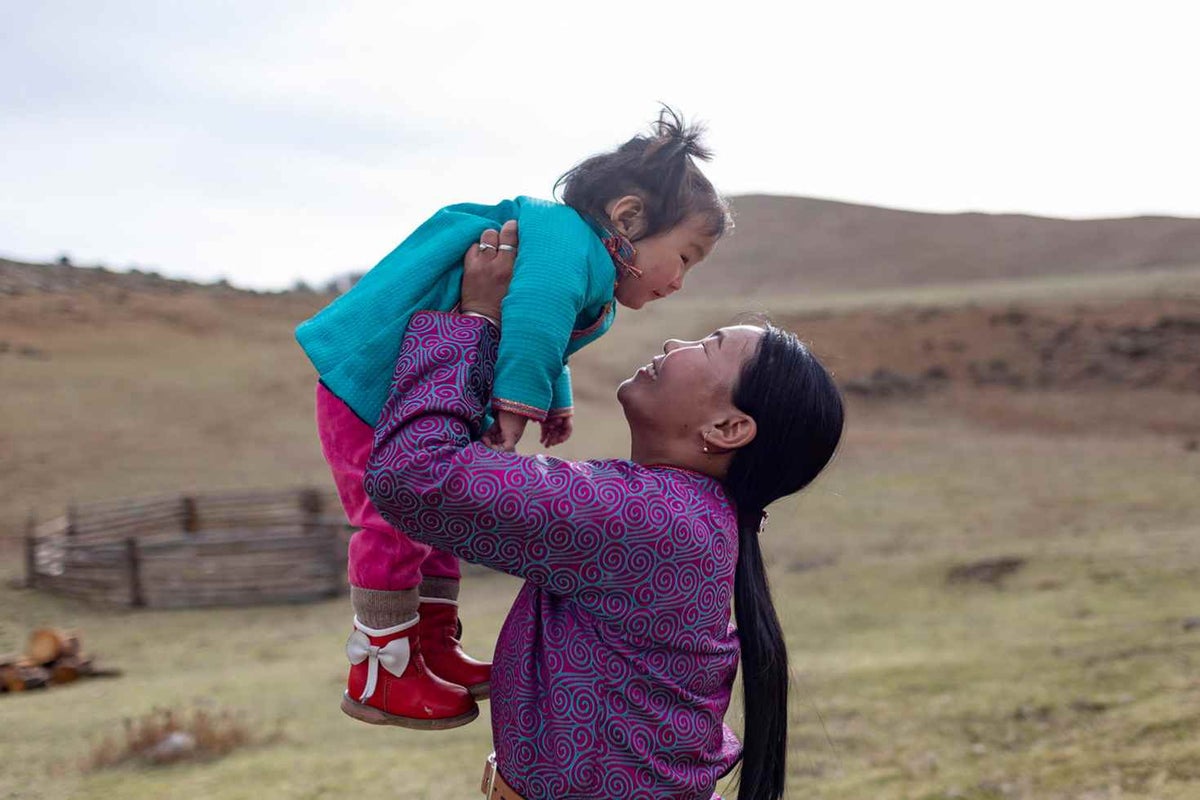
Related articles
Stay up-to-date on UNICEF's work in Australia and around the world



